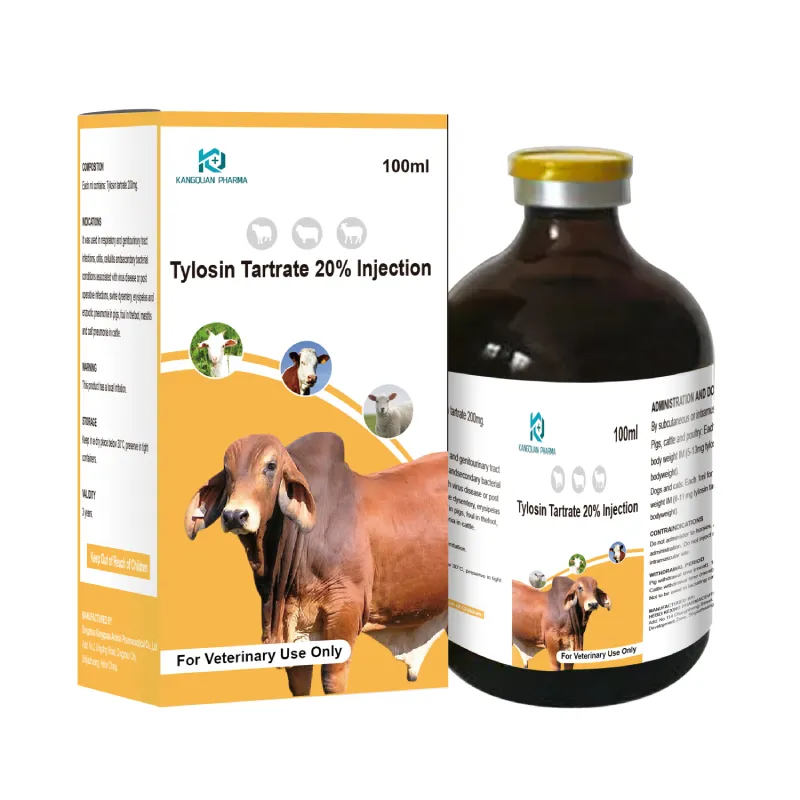- Afrikaans
- Albanian
- Amharic
- Arabic
- Armenian
- Azerbaijani
- Basque
- Belarusian
- Bengali
- Bosnian
- Bulgarian
- Catalan
- Cebuano
- Corsican
- Croatian
- Czech
- Danish
- Dutch
- English
- Esperanto
- Estonian
- Finnish
- French
- Frisian
- Galician
- Georgian
- German
- Greek
- Gujarati
- Haitian Creole
- hausa
- hawaiian
- Hebrew
- Hindi
- Miao
- Hungarian
- Icelandic
- igbo
- Indonesian
- irish
- Italian
- Japanese
- Javanese
- Kannada
- kazakh
- Khmer
- Rwandese
- Korean
- Kurdish
- Kyrgyz
- Lao
- Latin
- Latvian
- Lithuanian
- Luxembourgish
- Macedonian
- Malgashi
- Malay
- Malayalam
- Maltese
- Maori
- Marathi
- Mongolian
- Myanmar
- Nepali
- Norwegian
- Norwegian
- Occitan
- Pashto
- Persian
- Polish
- Portuguese
- Punjabi
- Romanian
- Russian
- Samoan
- Scottish Gaelic
- Serbian
- Sesotho
- Shona
- Sindhi
- Sinhala
- Slovak
- Slovenian
- Somali
- Spanish
- Sundanese
- Swahili
- Swedish
- Tagalog
- Tajik
- Tamil
- Tatar
- Telugu
- Thai
- Turkish
- Turkmen
- Ukrainian
- Urdu
- Uighur
- Uzbek
- Vietnamese
- Welsh
- Bantu
- Yiddish
- Yoruba
- Zulu
ធ្នូ . 11, 2024 09:15 Back to list
Doxycycline Hyclate for Oral Use A Guide to Benefits and Dosage Recommendations
Doxycycline Hyclate Oral An Overview
Doxycycline hyclate is a broad-spectrum antibiotic that belongs to the tetracycline class of medications. It is widely used to treat a variety of bacterial infections, making it an essential component in modern medicine. This article aims to provide an overview of doxycycline hyclate, including its uses, mechanism of action, side effects, and important considerations for patients.
Mechanism of Action
Doxycycline exerts its antibacterial effects by inhibiting protein synthesis in bacteria. It achieves this by binding to the 30S ribosomal subunit, which is crucial for the reading of mRNA and the assembly of amino acids into proteins. By disrupting this process, doxycycline effectively halts the growth of bacteria, allowing the immune system to combat the remaining pathogens. It is effective against a wide range of gram-positive and gram-negative bacteria, as well as other organisms like rickettsiae and chlamydiae.
Uses of Doxycycline Hyclate
The versatility of doxycycline hyclate makes it suitable for treating various infectious diseases. Common applications include
1. Respiratory Infections Conditions such as pneumonia and bronchitis often respond well to doxycycline treatment. 2. Skin Infections Doxycycline is frequently prescribed for acne vulgaris due to its ability to reduce inflammation and inhibit bacterial growth.
3. Sexually Transmitted Infections (STIs) It is effective against several STIs, including chlamydia and syphilis.
4. Vector-Borne Diseases Doxycycline is the drug of choice for treating conditions like Lyme disease and Rocky Mountain spotted fever, both transmitted by ticks.
doxycycline hyclate oral

Administration and Dosage
Doxycycline hyclate is available in oral tablet and liquid form. The dosage and duration of treatment depend on the specific infection being treated and the patient's overall health. It is crucial for patients to adhere to the prescribed regimen, completing the entire course even if symptoms improve, to prevent the development of antibiotic-resistant bacteria.
Side Effects
Like all medications, doxycycline hyclate can cause side effects. Commonly reported ones include
- Nausea and vomiting - Diarrhea - Photosensitivity (increased sensitivity to sunlight)
Patients are advised to take doxycycline with a full glass of water to minimize irritation of the esophagus and avoid lying down for at least 30 minutes after taking it. More serious side effects, though rare, can include allergic reactions, liver toxicity, and effects on bone and tooth development in children.
Precautions and Contraindications
Doxycycline is not suitable for everyone. It is generally contraindicated in pregnant women, nursing mothers, and children under the age of eight due to its potential to cause permanent tooth discoloration and suppress bone growth. Patients should inform their healthcare provider of any other medications they are taking or existing health conditions, particularly liver or kidney diseases.
Conclusion
Doxycycline hyclate remains a vital antibiotic in the treatment of various bacterial infections. Its broad-spectrum efficacy, combined with a manageable side effect profile, makes it a favored choice among healthcare providers. However, as with any antibiotic, responsible use is crucial to mitigate the risk of resistance. Patients should engage in open dialogue with their healthcare providers to ensure safe and effective treatment tailored to their specific needs. By understanding the uses, possible side effects, and necessary precautions associated with doxycycline hyclate, patients can make informed decisions about their healthcare.
-
Guide to Oxytetracycline Injection
NewsMar.27,2025
-
Guide to Colistin Sulphate
NewsMar.27,2025
-
Gentamicin Sulfate: Uses, Price, And Key Information
NewsMar.27,2025
-
Enrofloxacin Injection: Uses, Price, And Supplier Information
NewsMar.27,2025
-
Dexamethasone Sodium Phosphate Injection: Uses, Price, And Key Information
NewsMar.27,2025
-
Albendazole Tablet: Uses, Dosage, Cost, And Key Information
NewsMar.27,2025













